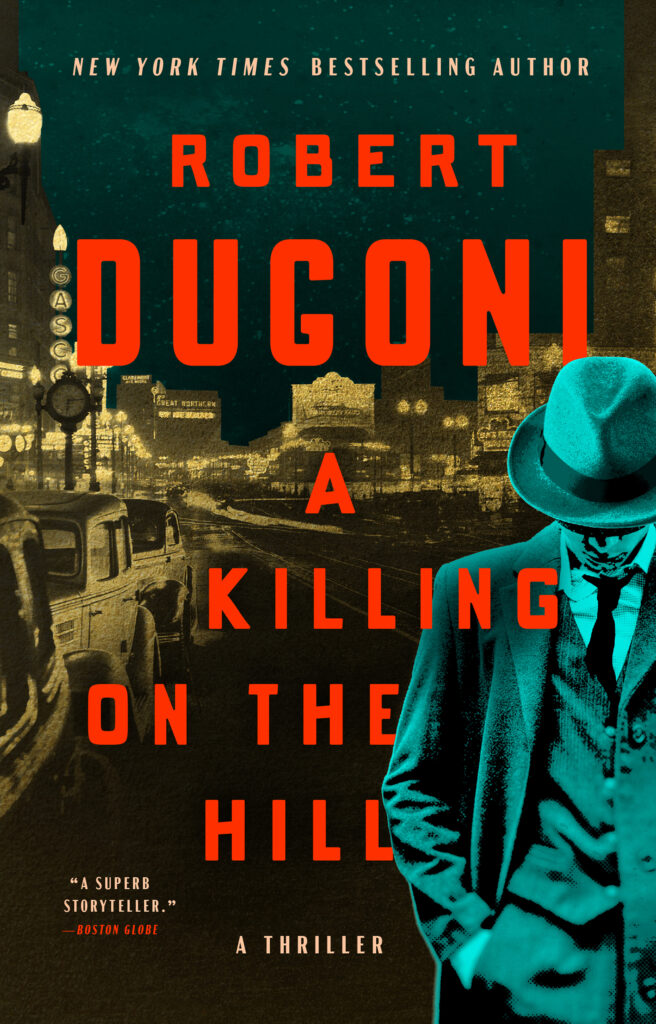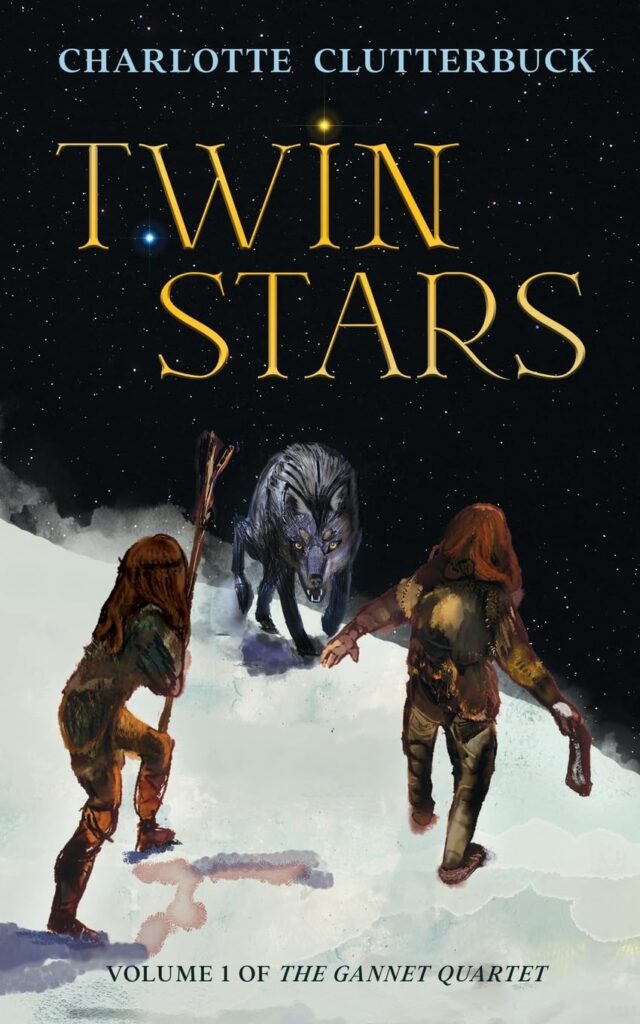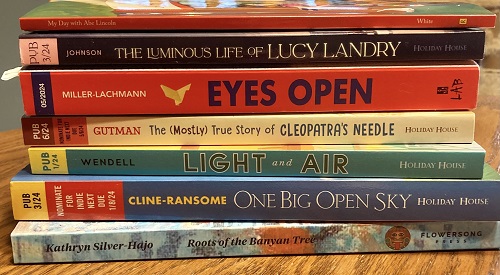Wooden Fish Songs
“It seemed to me the hollow bok-bok-bok of mallet on fish echoed the emptiness of Oi Ling’s heart.” These are words from Sum Jui, mother of horticultural genius Lue Gim Gong and one of three narrators of this praiseworthy novel. She refers to the beating of the wooden fish which accompanies the laments that Chinese women sing for their men folk in America. Lue Gim Gong was one such man. Arriving in Massachusetts at the age of ten, he works in a factory to support his family at home, but is soon singled out by Fanny Burlingame, who teaches him English, converts him to Christianity, and encourages him to develop his gift for raising plants.
Fanny and Lue Gim Gong eventually relocate to Florida, where he successfully designs frost-hardy citrus fruits, the work for which he is remembered. It is also here that he meets Sheba, descendant of African slaves. She and her husband Jim become his only true friends. For the tragedy of Lue Gim Gong’s life is that Fanny’s people refuse to forget he is not of their race, while his family and fellow immigrants believe him irredeemably corrupted by “foreign ghosts.” Lue himself is depicted as never wholly comfortable in either China or America.
His story is told in blocks by Sheba, Fanny and Sum Jui. Ruthanne Lum McCunn has created three distinct voices and perspectives, allowing us immersion not only into Lue Gim Gong’s life but also into the cultures of these three women. Her portrayal of nineteenth-century China is particularly absorbing. I could see the orange trees upon the hill and feel the tensions in the village of Lung On where Lue was born. Racial prejudice looms large in this novel, as does the question: “Can people of variant ethnic backgrounds ever live in peace?”
Sheba concludes it just might be possible. “Lue ain’t never quit looking for a way round what is. In that tangle . . . is a rosebush what got seventeen kind of roses in seven colors, all from a single root . . . The faces (of ‘younguns’ that visit) turned up at us for stories is like the roses on that bush . . . they is a mess of colors. Looking at them, a new dream come to me: a dream of better.”










